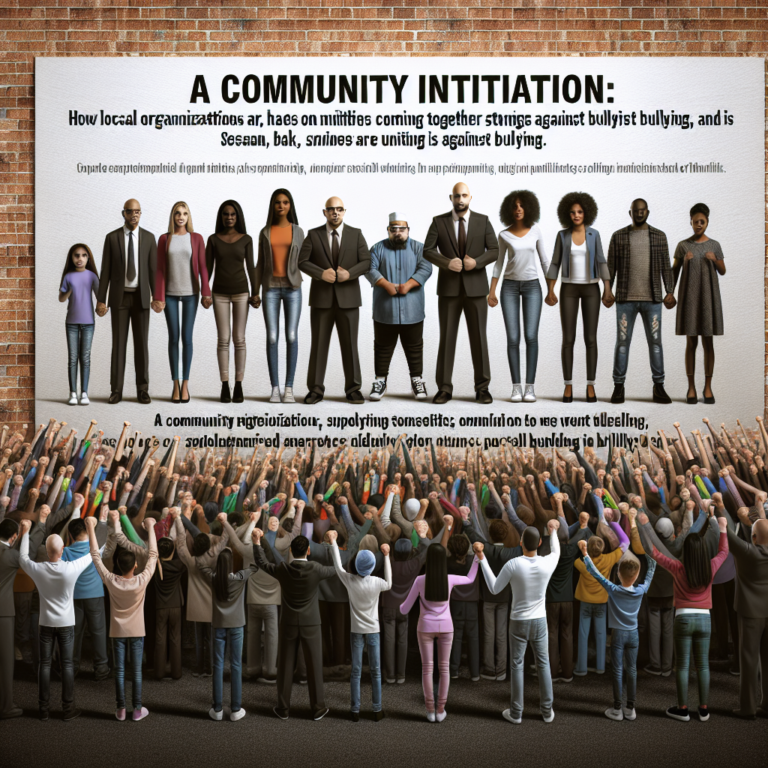
Introduction
In a world that increasingly values individuality and personal growth, understanding ourselves is more vital than ever. Imagine opening a door to insights about your strengths, weaknesses, and untapped potential. This is precisely what psychological testing offers—an essential tool for both personal and professional development. As we navigate through life’s challenges and opportunities, unlocking this potential becomes not just a goal but a transformative journey. This article explores "Unlocking Potential: How Psychological Testing Aids in Personal and Professional Development," providing unique insights and real-world applications to help you maximize your capabilities.
The Role of Psychological Testing
Psychological testing isn’t a mere academic exercise; it’s an insightful method for examining various aspects of human behavior. From measuring intelligence and personality traits to assessing emotional functioning, these tests provide comprehensive data that can guide our decisions and improve our lives.
1. Understanding Yourself
Case Study: The Myers-Briggs Type Indicator (MBTI)
One of the most widely recognized tools, the MBTI helps individuals identify their personality types and preferences. Consider Sarah, a marketing executive who felt unfulfilled in her role. After taking the MBTI, she discovered she was an ENFP (Extroverted, Intuitive, Feeling, Perceiving). With this insight, Sarah shifted her career toward creative spaces that aligned with her personality, allowing her to flourish and unlock her true potential.
Analysis: This case illustrates how psychological testing can unveil facets of our personality that direct us to fulfilling paths in life and work. Understanding these traits fosters self-awareness, empowering individuals to make better choices.
2. Enhancing Professional Development
Table: Benefits of Psychological Testing in the Workplace
| Benefit | Description |
|---|---|
| Improved Recruitment | Identifying candidates who match corporate culture and role needs |
| Team Dynamics | Assessing strengths and weaknesses in team composition |
| Leadership Development | Tailoring training programs to enhance leadership skills |
| Employee Retention | Recognizing employee needs and improving job satisfaction |
Psychological testing can revolutionize recruitment and team dynamics. By aligning roles with individuals’ strengths—such as leadership styles or teamwork capabilities—organizations not only enhance performance but also reduce turnover rates.
3. Overcoming Limiting Beliefs
Case Study: Cognitive Behavioral Assessment (CBA)
Michael, a recent graduate, faced difficulty in public speaking due to anxiety, severely hindering his career aspirations. After undergoing a cognitive behavioral assessment, he was able to recognize underlying fears that contributed to his anxiety. With targeted psychological interventions, Michael gained strategies to overcome these beliefs and, ultimately, delivered a successful presentation at a conference.
Analysis: The use of psychological testing to identify and address limiting beliefs demonstrates its role in personal transformation. Through targeted strategies, individuals can confront anxieties and reclaim their confidence.
4. Tailored Development Programs
Psychological testing aids organizations in crafting customized employee development plans that cater to individual needs. Rather than a one-size-fits-all approach, assessments reveal specific areas for growth.
Example: The Big Five Personality Traits
Employers can assess where an employee stands on the Big Five—openness, conscientiousness, extraversion, agreeableness, and neuroticism. This can inform professional development plans that align with personal growth aspirations and company objectives.
5. Enhancing Interpersonal Skills
Case Study: Emotional Intelligence (EQ) Assessments
Emma, a team leader, once struggled with interpersonal relationships in her department. By taking an emotional intelligence assessment, she became aware of her weaknesses in empathy and communication. The results guided her through workshops focusing on active listening and emotional regulation, transforming her into a more relatable and effective leader.
Analysis: This example emphasizes the importance of EQ in professional success. Understanding one’s emotional intelligence can lead not only to personal growth but also to enhanced workplace relationships, which are crucial for team dynamics.
Actionable Insights for Personal and Professional Growth
Take Psychometric Tests: Consider starting with widely-used assessments like the MBTI or EQ tests to gain insights into your personality and emotional awareness.
Seek Professional Guidance: Working with psychologists or coaches can help interpret these results and implement change effectively.
Join Group Workshops: Participating in training that focuses on psychological development can amplify your ability to connect with others and enhance your skills.
Set Goals Based on Results: Utilize insights gained from testing to set specific, measurable goals for personal and professional growth.
- Reflect and Adapt: Regularly reassess your psychological development. This ensures you stay aligned with your evolving goals and aspirations.
Conclusion
"Unlocking Potential: How Psychological Testing Aids in Personal and Professional Development" presents us with a transformative opportunity to understand ourselves better. By embracing psychological testing, we initiate a journey of self-discovery, growth, and empowerment. Whether in personal relationships or professional endeavors, these insights pave the way for informed decisions and enriched lives.
As you take the next step towards unlocking your potential, remember that the power to grow and excel is within your reach. Dare to explore, embrace your findings, and take action—your future self will thank you.
FAQs
1. What is psychological testing?
Psychological testing involves standardized assessments designed to measure various facets of personality, cognitive abilities, and emotional functioning.
2. How can psychological testing help in my career?
It can aid in identifying your strengths and areas for improvement, guiding career choices, and enhancing interpersonal skills needed for workplace success.
3. Are psychological tests reliable?
When administered and interpreted by qualified professionals, most psychological tests have been shown to provide reliable and valid results.
4. How frequently should I take these tests?
Generally, re-assessing through psychological testing every few years can be beneficial, especially if significant life changes occur.
5. Can psychological testing help with mental health issues?
Yes, psychological assessments can identify underlying issues that contribute to mental health struggles, guiding effective treatments and interventions.
By exploring "Unlocking Potential: How Psychological Testing Aids in Personal and Professional Development," readers gain valuable insights into unlocking their capabilities. Embrace this journey of self-discovery and watch as your personal and professional life flourishes!















